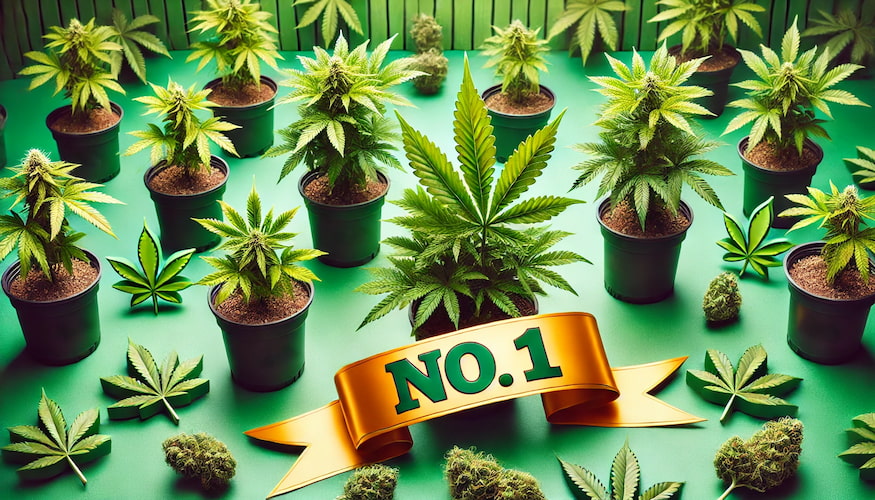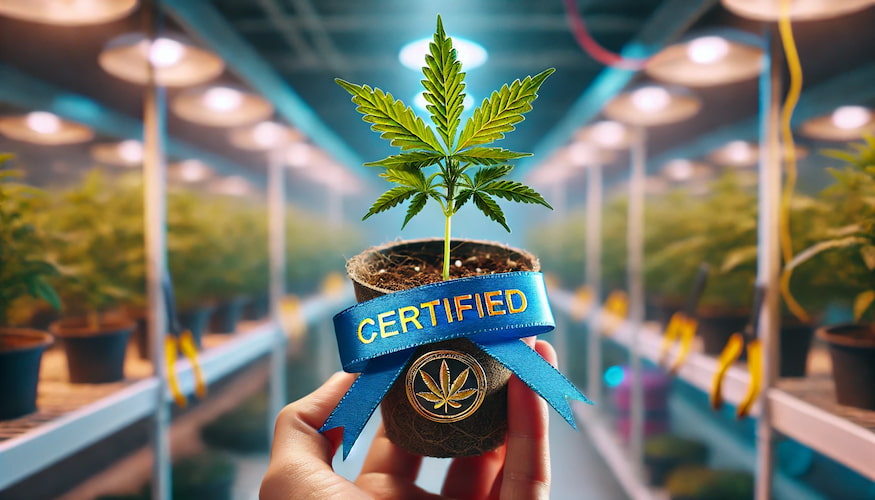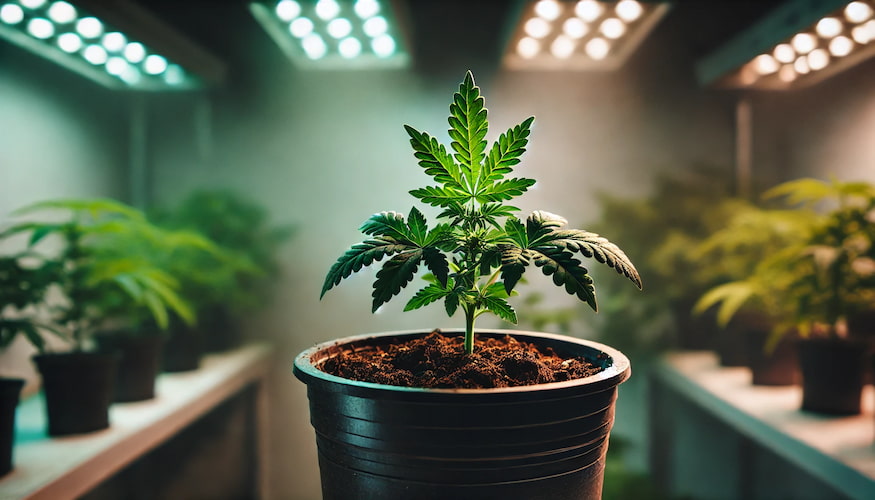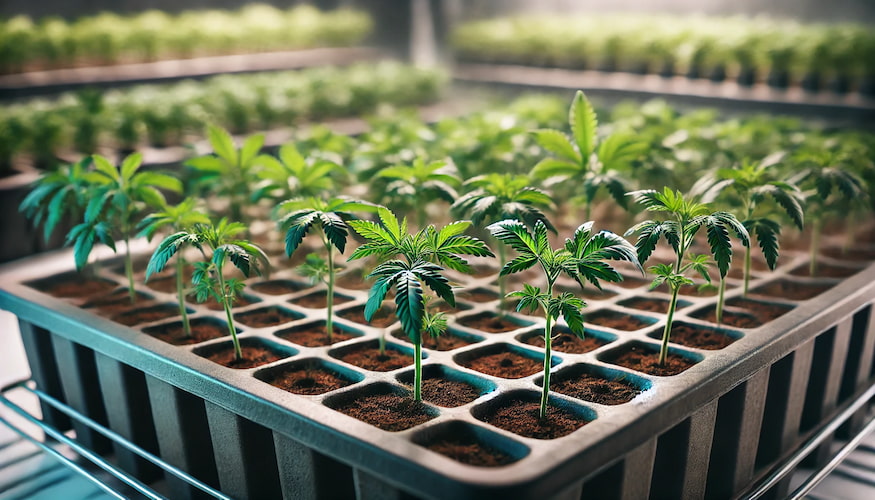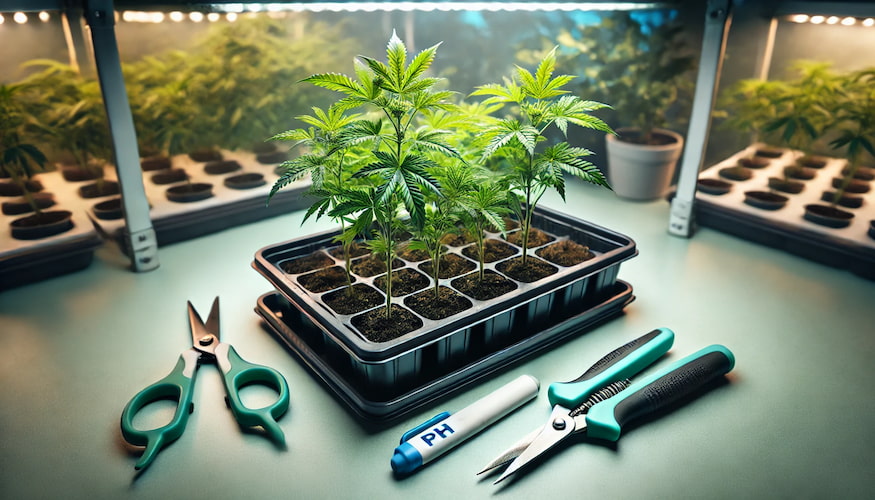Introduction: Navigating the Complex Legal Landscape
As the founder of IWantClones.com, I’ve seen firsthand how confusing the legal landscape can be for cannabis growers, especially when it comes to clones. This guide aims to shed light on the legal considerations surrounding cannabis clones, helping you navigate this complex terrain with confidence.
The Importance of Understanding Cannabis Clone Laws
Before we dive in, let’s be clear: knowing and following the law isn’t just about avoiding trouble. It’s about:
- Protecting your investment
- Ensuring the sustainability of your grow operation
- Contributing to the legitimacy of the cannabis industry
Key Legal Areas to Consider
When it comes to cannabis clones, there are three main legal areas you need to be aware of:
- Federal Law: While cannabis remains illegal at the federal level, enforcement priorities have shifted in recent years.
- State Laws: These vary widely and are crucial to understand for compliance.
- Local Regulations: Don’t overlook city and county laws, which can add another layer of complexity.
For a deeper dive into the legal status of cannabis clones, check out our Cannabis Clone Legality Overview.
State-by-State Variations
The legal status of cannabis clones can vary dramatically from one state to another. Some key differences include:
- Allowed number of plants
- Licensing requirements for growers
- Restrictions on transportation of clones
For a comprehensive look at how different states treat cannabis clones, visit our State Laws on Cannabis Clones page.
Federal Stance on Cannabis Clones
While cannabis remains a Schedule I substance federally, the landscape is evolving. Key points to understand include:
- The Cole Memorandum and its rescission
- The impact of the Farm Bill on hemp-derived products
- Federal enforcement priorities
Learn more about the federal perspective in our Federal Regulations on Cannabis Clones guide.

Legal Considerations for Different Types of Growers
Your legal obligations can vary based on whether you’re:
- A home grower for personal use
- A caregiver growing for patients
- A commercial cultivator
Each category has its own set of rules and regulations to follow.
Transporting Cannabis Clones: A Legal Minefield
One of the trickiest areas legally is the transportation of cannabis clones. Consider:
- Crossing state lines is federally illegal
- Some states allow in-state transportation, others don’t
- Proper documentation is crucial where it is allowed
Staying Compliant: Best Practices
To keep your clone operation on the right side of the law:
- Stay informed about changing laws
- Keep detailed records of your plants
- Ensure proper licensing and registration where required
- Be transparent with relevant authorities
The Future of Cannabis Clone Legislation
The legal landscape for cannabis is constantly evolving. Keep an eye on:
- Potential federal legalization efforts
- Expanding state legalization
- Standardization of regulations across states
Conclusion: Knowledge is Power
Understanding the legal considerations surrounding cannabis clones is crucial for any grower. While the landscape is complex, staying informed and compliant is key to long-term success in this industry.
At IWantClones.com, we’re committed to not only providing top-quality clones but also helping our customers navigate the legal aspects of growing. Always remember to consult with a legal professional for advice specific to your situation.
Stay legal, stay safe, and happy growing!




